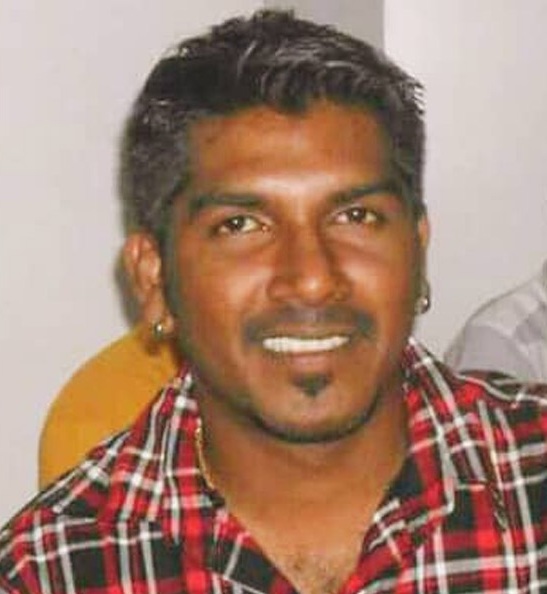Death for 45 grams of heroin: Another Malaysian set to be hanged in Singapore
Datchinamurthy Kataiah, 39, will be hanged tomorrow in Changi Prison fourteen years after his arrest. His sister's appeal against a sentence that is ‘too severe and extreme for a naive act committed by a young man’. The appeal of 33 local NGOs for a moratorium after the Wong government promoted a case for commutation of the sentence for the first time. Currently, 40 people are on death row.
Kuala Lumpur (AsiaNews) - The execution of a Malaysian citizen sentenced to death for drug trafficking is scheduled for tomorrow, Thursday 25 September, in Singapore. The case is reigniting criticism of the city-state's use of the death penalty.
His family has been notified that Datchinamurthy Kataiah, 39, will be hanged in Changi Prison. This was announced by Kokila Annamalai of the Transformative Justice Collective, a group campaigning for the abolition of the death penalty in Singapore. If carried out, Datchinamurthy's execution will be the eleventh hanging in Singapore in 2025 and the third involving a Malaysian citizen.
Datchinamurthy was arrested in 2011 and subsequently convicted of trafficking approximately 45 grams of heroin in Singapore. Under Singapore's strict laws, possession of more than 15 grams of heroin or 500 grams of cannabis automatically carries the death penalty. The man was due to be executed in 2022, but obtained a stay of execution thanks to an appeal that was rejected by the courts in August, paving the way for the execution.
Critics argue that Singapore's strict anti-drug laws disproportionately affect couriers and small-time traffickers, rather than dismantling the large cartels responsible for international trafficking.
During a joint press conference with Amnesty International Malaysia and the Anti-Death Penalty Asia Network, Kokila read a letter written by Rani, Datchinamurthy's sister, who had travelled to Singapore to spend his last days with him. According to reports, Datchinamurthy ‘did not oppose punishment’ but believed that the death penalty was ‘too severe and extreme for a naive act committed by a young man’.
Thirty-three civil society organisations, including the three mentioned above, signed a joint statement calling on Singapore to suspend all imminent executions. At least three Malaysian nationals and one Singaporean, all convicted of drug-related offences, are at risk of execution after exhausting their appeals.
Human rights groups point to a recent case as proof that change is possible: last month, President Tharman Shanmugaratnam commuted a death sentence to life imprisonment on the advice of Prime Minister Lawrence Wong's government - an unprecedented act of clemency since 1998. ‘This shows that change is possible,’ they said, urging the government to extend the same compassion to other pending cases.
The organisations also called on Malaysia – which abolished mandatory death penalty in 2023 and currently chairs ASEAN – to take a stronger stance in defending its citizens involved in drug cases abroad.
According to Amnesty International's 2024 global report, Malaysia has already commuted more than 1,000 death sentences to prison terms since the reform. In contrast, Singapore has strengthened its position: Amnesty reports that the city-state carried out nine executions in 2024, compared to five the previous year, six of which took place in just two months. Currently, more than 40 people are on death row in Singapore.







.png)










